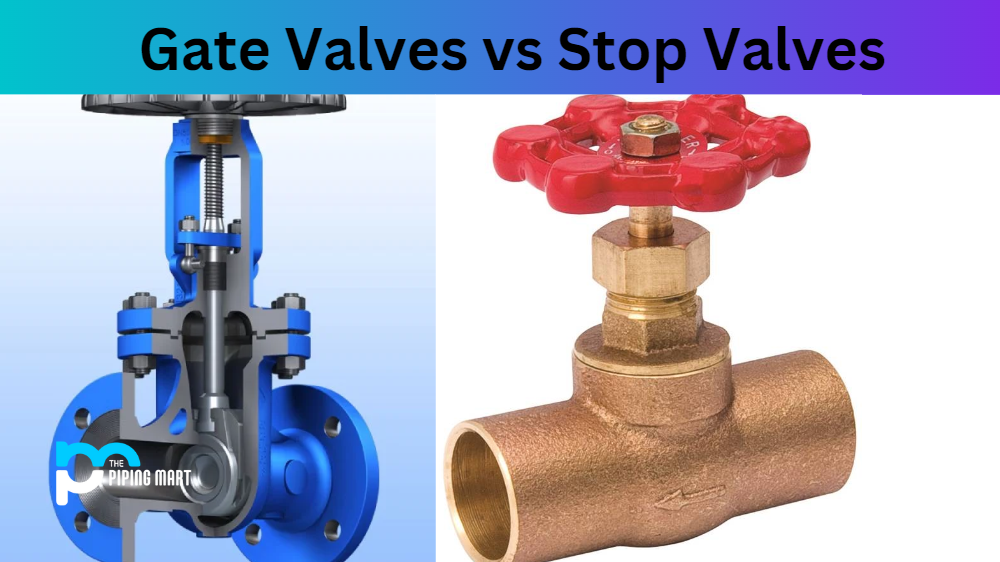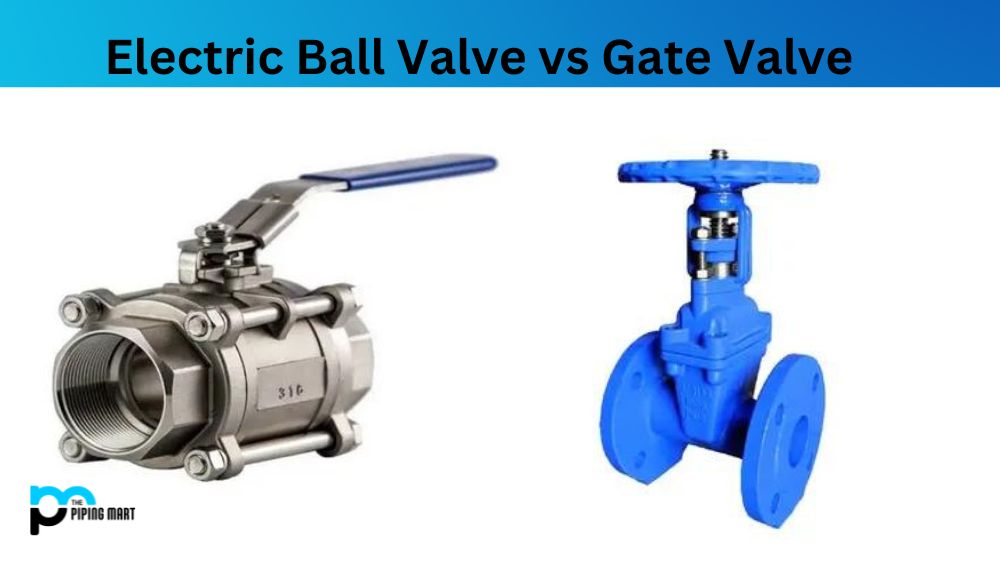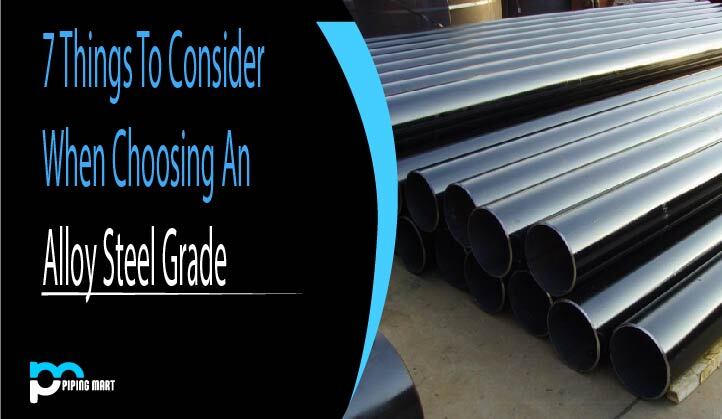Are you a mechanical engineer or plumber looking for the best valves for your next project? If so, it’s essential to understand the difference between gate valves and stop valves. Both are popular choices, but each has its own advantages and disadvantages. In this blog post, we’ll break down the differences between gate valves and stop valves so that you can make an informed decision.
What is a Gate Valve?
A gate valve is a type of valve that uses a gate, or wedge-shaped disc, to control the flow of liquids or gases through a pipe. The gate is connected to a stem that rises up from the valve body. When the stem is raised, it lifts the disc off its seat, allowing fluid or gas to flow freely through the pipe. When the stem is lowered, it presses the disc firmly against its seat, completely blocking off any flow through the pipe. The advantage of gate valves is that they can be used in high-pressure situations without leaking or becoming damaged.
What is a Stop Valve?
A stop valve (also known as a shutoff valve) is another type of valve used in plumbing and engineering projects. Unlike gate valves, which use a rising stem to open or close off pipes, stop valves use an external handle connected to an internal plunger-like component called a plug. Turning this handle rotates the plug inside the valve body to either open or close off flow through pipes. One significant advantage of these types of valves over gate valves is their ease of use; unlike most gate valves, you don’t need any tools to operate them—turn the handle! However, one disadvantage of stop valves compared to gate valves is that they’re not designed for high-pressure applications; if too much pressure builds up in pipes where these types of valves are installed, they may leak or become damaged due to their weaker construction compared with gate valves.
Difference Between Stop Valve and Gate Valve
- Stop valves are designed to completely stop the flow of fluid through a pipe, while gate valves are designed to regulate the flow of fluid through a pipe.
- Stop valves are typically used in applications where it is necessary to completely shut off the flow of fluid, such as in residential and commercial plumbing. Gate valves, on the other hand, are typically used in industrial applications where it is necessary to control the flow of fluid.
- Stop valves are operated by turning a handle or knob in a clockwise direction to close the valve, and in a counterclockwise direction to open the valve. Gate valves, on the other hand, are operated by turning a handle or knob in a clockwise direction to open the valve, and in a counterclockwise direction to close the valve.
- When closed, stop valves create a tight seal that prevents any fluid from flowing through the pipe. When closed, gate valves create a small gap between the gate and the seat that allows some fluid to pass through even when the valve is closed.
- Stop valves are typically made from brass, bronze, or stainless steel, while gate valves are typically made from cast iron or ductile iron.
Conclusion:
When choosing between a gate valve and a stop valve for your next engineering project or plumbing job, it’s important to consider both options carefully and weigh their pros and cons against each other before making your decision. Gate valves are ideal for high-pressure applications because they are more robust than stop valves but require tools to operate them properly (which may be inconvenient in some cases). On the other hand, while stop valves are simple and convenient to use without any required tools, they should not be used in high-pressure applications due to their weaker construction than gate valves. Ultimately only you can decide which option best suits your needs—but knowing more about both types of the valve will help you make an informed choice!

Meet Bhavesh, a seasoned blogger with a wealth of knowledge and experience. From metal products manufacturing to retail, Bhavesh has a diverse background in various industries and is dedicated to sharing his insights and expertise with readers.




